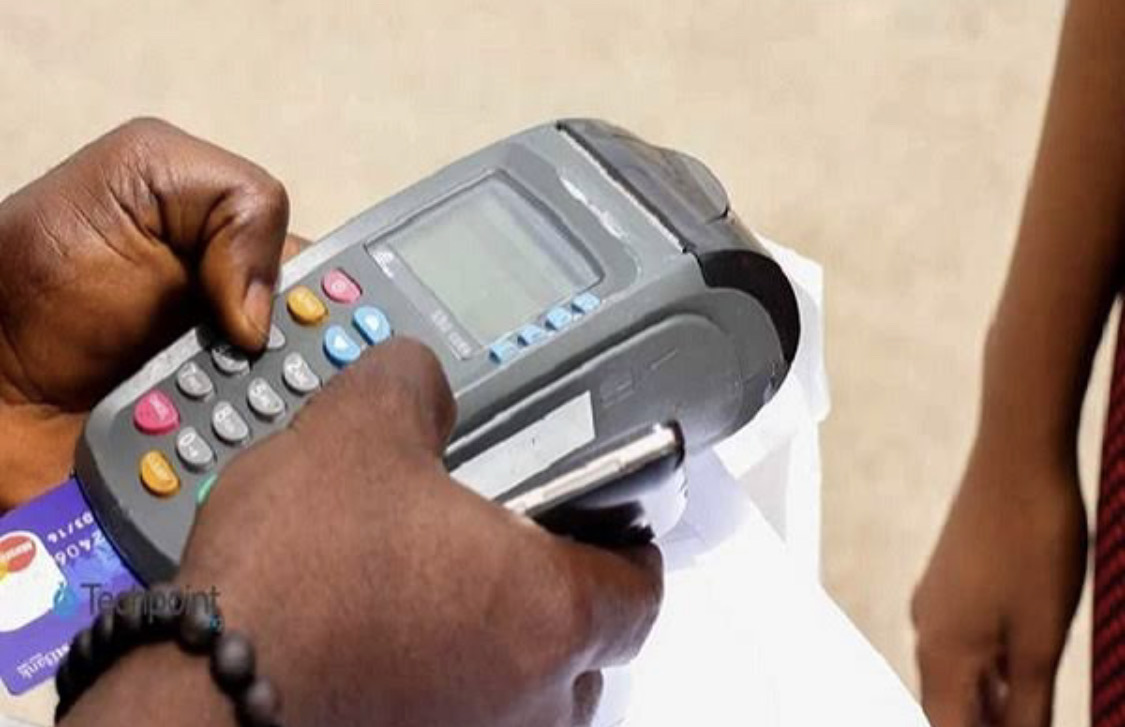
Nigerian Government Orders Registration Of PoS Companies, Operators
Nigeria Mandates Registration of PoS Companies and Operators: What You Need to Know
In a bid to regulate and streamline the burgeoning Point of Sale (PoS) industry, the Nigerian government has recently mandated the registration of PoS companies and operators. This move comes amidst increasing concerns over security, financial transparency, and accountability within the digital payment ecosystem.
The directive, issued by the Central Bank of Nigeria (CBN) and the Nigerian Communications Commission (NCC), requires all PoS companies and operators to register with relevant regulatory authorities. This includes providing detailed information about their operations, ownership structure, and compliance with existing financial regulations.
The decision to enforce registration stems from several factors:
1. **Combatting Fraud:** The proliferation of PoS transactions has unfortunately led to an increase in fraudulent activities, including unauthorized transactions, identity theft, and card skimming. By mandating registration, the government aims to curb fraudulent practices and protect consumers from financial exploitation.
2. **Enhancing Accountability:** Registered PoS companies and operators will be subject to stricter oversight and accountability measures. This will help ensure that they adhere to ethical business practices, comply with regulatory requirements, and safeguard customer interests.
3. **Promoting Financial Inclusion:** Despite Nigeria’s significant strides in financial inclusion, millions of citizens still lack access to formal banking services. By regulating the PoS industry, the government seeks to foster a more inclusive financial landscape, where all segments of society can participate in the digital economy securely and affordably.
4. **Stimulating Economic Growth:** A well-regulated PoS sector can contribute to economic growth by facilitating seamless transactions, promoting cashless payments, and fostering business expansion. By creating a conducive regulatory environment, the government aims to harness the potential of digital payments to drive economic development and financial empowerment.
While the registration requirement may pose initial challenges for PoS companies and operators, it ultimately serves the greater good by promoting transparency, trust, and stability in Nigeria’s financial ecosystem. Compliance with regulatory guidelines is crucial not only for industry players but also for fostering public confidence in digital payment systems.
As the PoS industry continues to evolve and innovate, collaboration between regulators, stakeholders, and technology providers will be essential to address emerging risks, promote best practices, and ensure the long-term viability of cashless transactions in Nigeria.
In conclusion, the government’s decision to mandate the registration of PoS companies and operators marks a significant step towards strengthening the integrity and resilience of Nigeria’s digital payment infrastructure. By embracing regulatory compliance and innovation, the country can harness the transformative power of financial technology to drive inclusive growth and prosperity for all.

Thank you for reading this post, don't forget to subscribe!




































 Users Today : 10
Users Today : 10 Users Yesterday : 38
Users Yesterday : 38 Users Last 7 days : 130
Users Last 7 days : 130 Users Last 30 days : 923
Users Last 30 days : 923 Users This Month : 761
Users This Month : 761 Users This Year : 20712
Users This Year : 20712 Total Users : 72063
Total Users : 72063 Views Today : 12
Views Today : 12 Views Yesterday : 67
Views Yesterday : 67 Views Last 7 days : 309
Views Last 7 days : 309 Views Last 30 days : 2734
Views Last 30 days : 2734 Views This Month : 2156
Views This Month : 2156 Views This Year : 47556
Views This Year : 47556 Total views : 168808
Total views : 168808 Who's Online : 0
Who's Online : 0